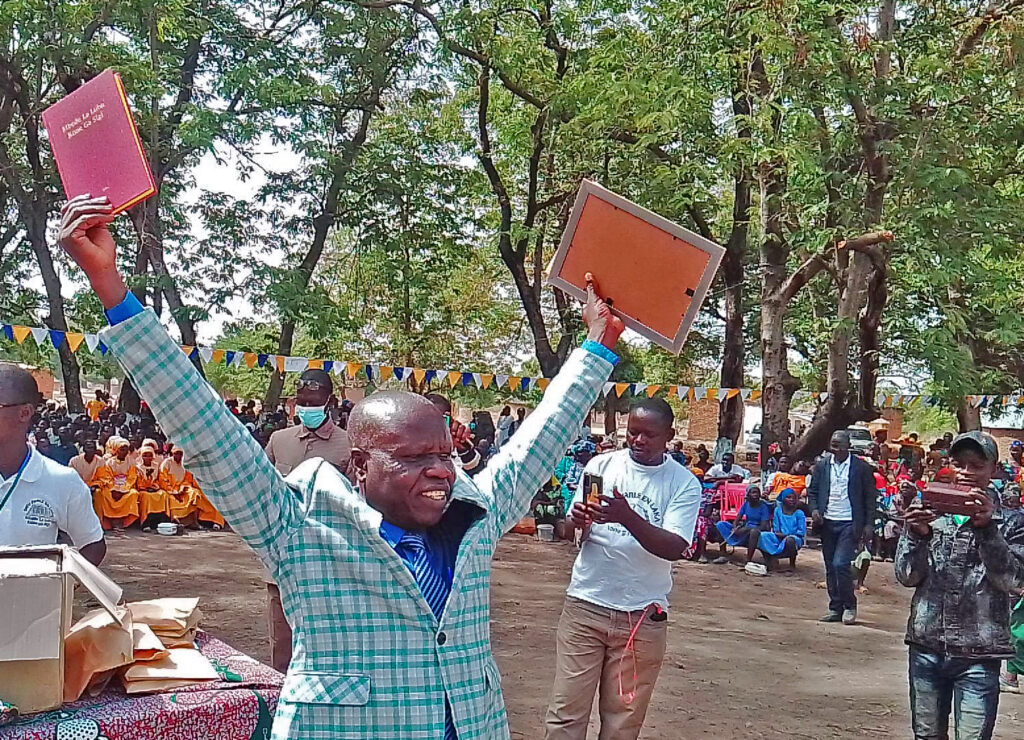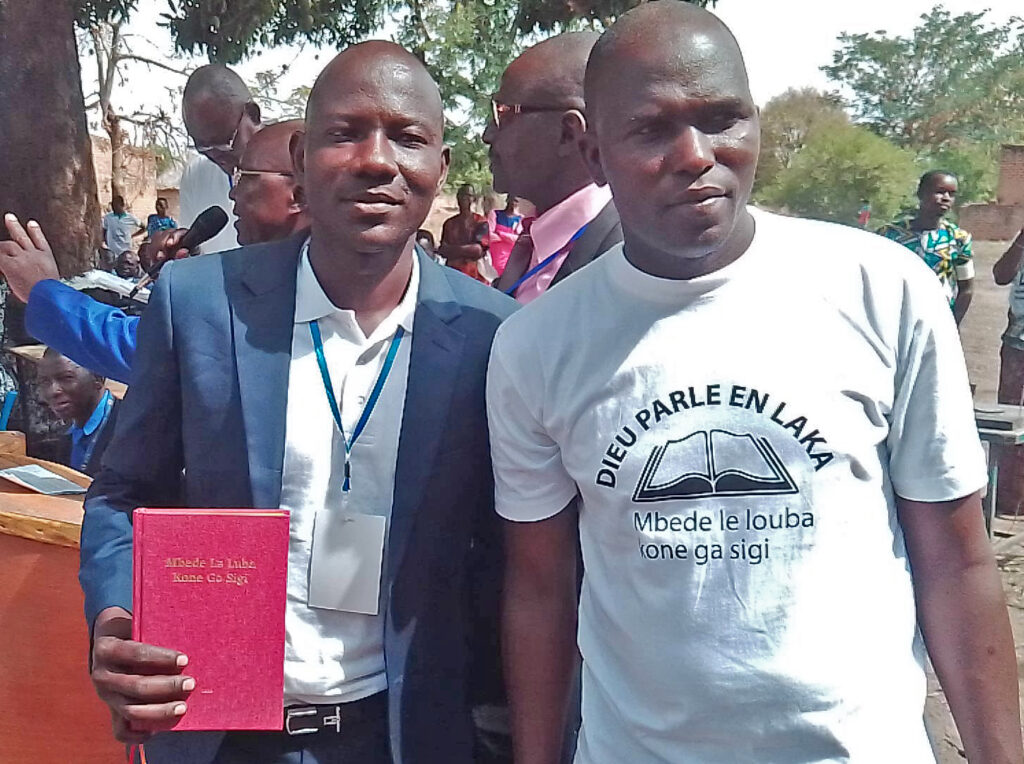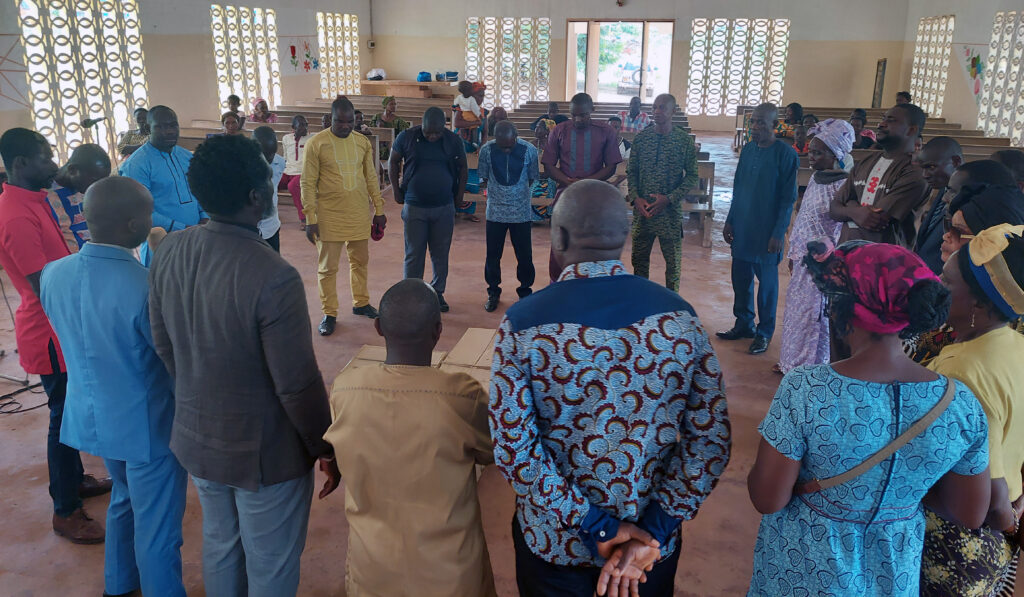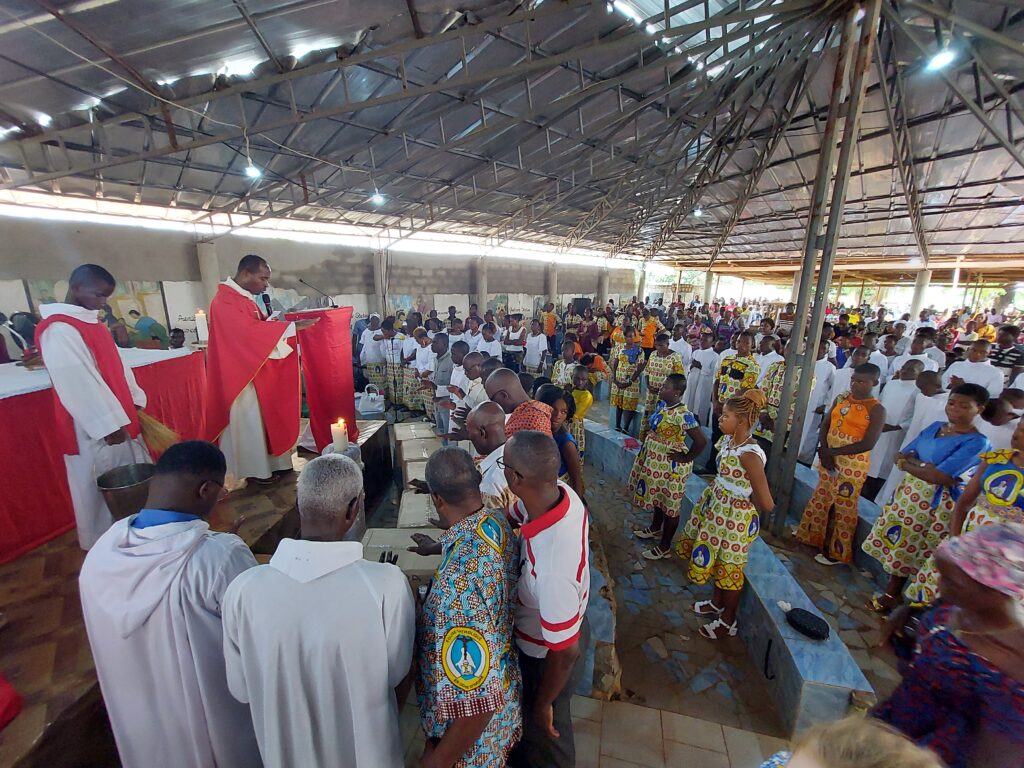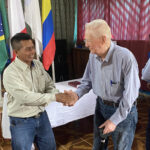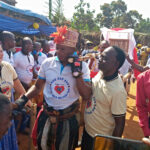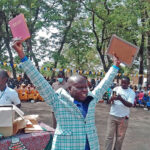Listen, Lament, and Act
On top of the COVID-19 pandemic—with over 100,000 deaths and tens of millions of unemployed in our country since March—we have another painful reality in our midst. The violent deaths of George Floyd, Breonna Taylor, and Ahmaud Arbery are highlighting again the ongoing wounds and brokenness from the sin of racism specifically against African Americans and people of color in our nation.
Unlike the novel coronavirus among us, the roots of this brokenness go back centuries. The mourning, protests, and anguish being expressed by so many in our nation appear to be an added weight to those already heavily burdened by the pandemic.
Our collective COVID-19 response has changed schedules, stopped travel, closed schools, halted sports, and more. In my own case, instead of arriving home jet-lagged from a trip to Africa that was planned before the pandemic, I’ve been home to watch and listen as these sad and awful events unfold, as have we all.
Of the many things I’ve heard and read, I’ve been touched most by the honest reflections from our local pastor—ones that I’ve seen reinforced by others.
My wife, Mary, and I are grateful to be part of an intentionally multi-ethnic church, and our pastor, Dr. Derwin L. Gray, is a gifted and godly leader. His calling—and challenge to us—is that Jesus’ church should be a multi-ethnic church to bear witness to the transforming power of the gospel in this multi-ethnic world. Pastor Derwin is a former NFL player, pastor, and author, and he holds advanced degrees in theology. He’s also black.
As he acknowledged the pain of George Floyd’s suffocation at the hands of police, he reminded us that this conversation about race and injustice is not a new one. He also shared the very real fear African Americans feel, particularly black men, about how they will be treated by police and in the criminal justice system in our country.
And sadly it is not just the police. As Pastor Derwin explained in his message this week, “We see Ahmaud Arbery tracked down, hunted, in a modern day lynching, and shot to death from jogging in a neighborhood. People have asked me, ‘Derwin, do you jog at night?’ and I’m like, ‘No, I have never jogged at night.’ … Even to this day I don’t jog at night in my neighborhood because of the cultural narrative and because I don’t want to be mistaken. This young man was jogging during the day and was killed.”
As someone who grew up in North Carolina, I witnessed examples of racism but didn’t understand how pervasive and destructive this sin continues to be. My heart breaks as I am hearing and understanding more.
The Apostle Paul wrote to the believers in Corinth almost two thousand years ago:
But God has put the body together, giving greater honor to the parts that lacked it, so that there should be no division in the body, but that its parts should have equal concern for each other. If one part suffers, every part suffers with it; if one part is honored, every part rejoices with it. (1 Cor. 12:24b–26 NIV, emphasis mine)
Given these realities, the body of Christ is suffering—in the Church and in this nation—over this deep sin of racism, particularly for those whose skin is black or brown. I want to acknowledge the seriousness of this issue, and that I still have much to learn.
It is also important to acknowledge that while we have a real problem, we also have real hope. As Christ-followers, we believe that the Gospel of Jesus Christ brings true transformation to our lives, first reconciling us with God, then with each other. Reconciliation, healing, and unity are God’s promises for us in Jesus Christ as we seek him and obey.
While this subject of reconciliation is important, I don’t feel qualified to lead in it. I do want to simply share a few steps I’m taking right now and invite you to ask God how he is calling you to respond.
First, listen. I’m continuing to listen to God through his Word, and also listening to the voices of godly brothers and sisters in the African American community.
In addition to our pastor, here are a few recent articles that I’ve found helpful and one film based on a book by the same name. I know these are just a few examples, and I’m continuing to read, watch, listen, and learn.
“A Nation on Fire Needs the Flames of the Spirit”
“Race, Gospel, and Justice: An Interview with Esau McCaulley”
“Bryan Stevenson on the Frustration Behind the George Floyd Protests”
Just Mercy (free to watch on multiple streaming sites in June, warning: strong language)
Second, lament. The Bible describes lament as a profound concept that helps us in these times of deep anguish over sin and injustice. As one pastor so aptly described in an online article, “Lament is the prayer language for God’s people as they live in a world marred by sin. It is how we talk to God about our sorrows as we renew our hope in his sovereign care. To cry is human, but to lament is Christian.” He outlines four elements to lament, and I encourage you to reflect on his article in light of this current situation. Then join with me in lamenting over our shared brokenness and sin. Our lament should also lead us to see where we need to repent as God touches our hearts.
Finally, act. Some are already taking constructive action, and I’m grateful. Pastor Derwin says that healing begins through friendships with those different from ourselves. Mary and I have experienced that truth, and I want to encourage you in that area, too.
We can also seek to learn from each other as well. If you are a part of the JAARS community, whether a staff person or a friend and partner, and God puts something on your heart for us to consider, please let me know.
In closing, I’m committed that JAARS be a healthy, multi-ethnic, missional community that works alongside to encourage other like-minded communities here and around the world. While I’m grateful for what we have now, I also believe we have room to grow and will continue to ask God for wisdom and discernment. Please feel free to reach out to me about specific areas where you believe we can grow in this area, or where we need to repent and turn to God afresh.
Perhaps, in God’s mercy, this time of crisis from COVID-19 can be a time of real reconciliation and healing—or at the very least, solid steps towards that—in our nation and in the Church.
Oh Lord Jesus, may it be so.
Yours for the Glory of God and the reconciliation of his people in Jesus Christ,
Woody



























































